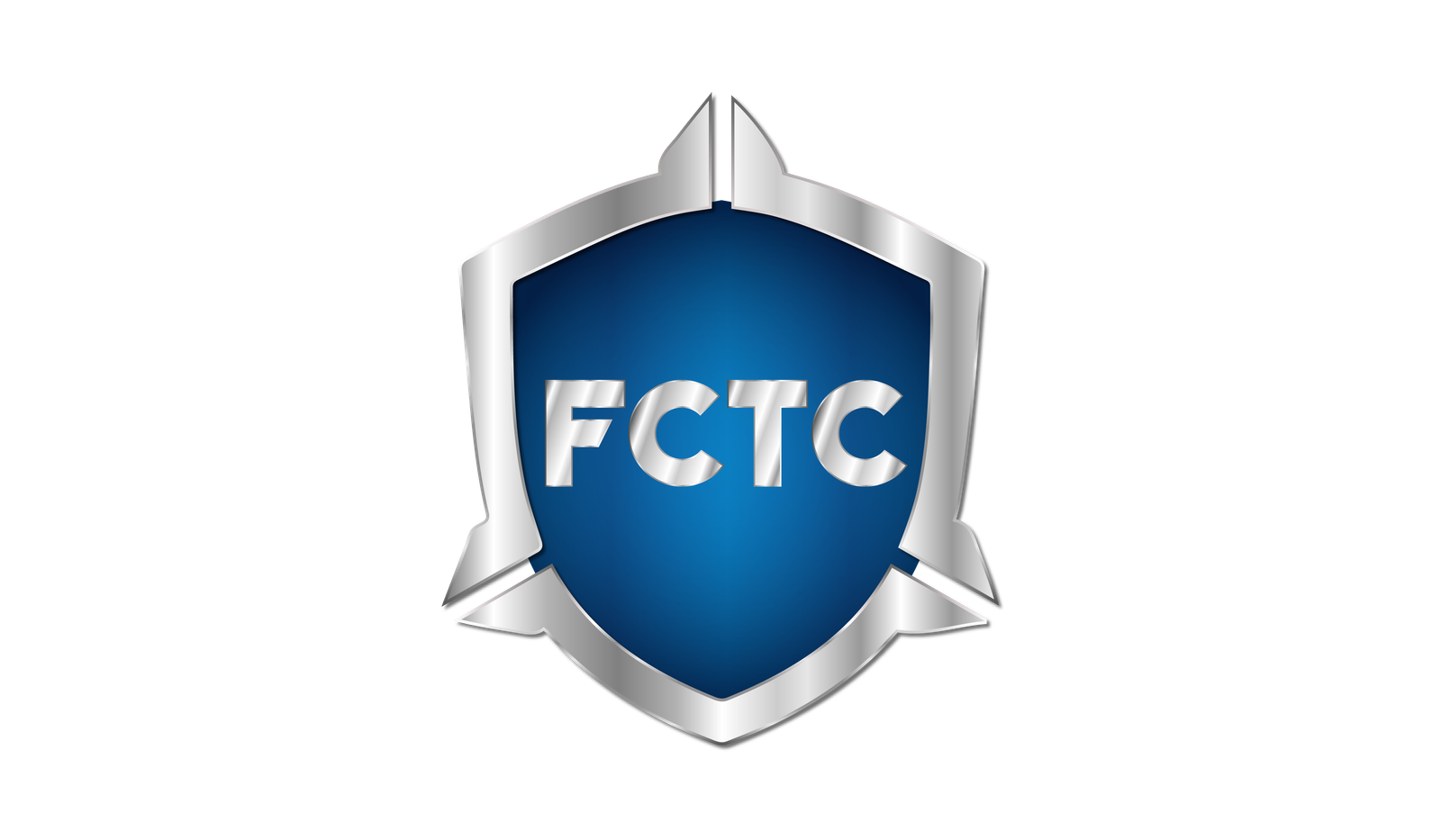The After Effect

Instructors rarely provide training for the aftermath. They spend a lot of time preparing your mind for the event, but not for what happens once it’s over. Think about it! People invest a great deal of time and energy in preparing for a shooting they hope will never happen. When faced with the situation, their training pays off tenfold. They move through their conditioned responses without conscious thought. Through training, individuals are empowered to respond to the events and perform effectively while managing stress and overcoming the attack. In plain language, they “WON.” But the struggle does not end there.
You need to prepare for what happens after the event. I refer to this as the aftereffect. Many people focus solely on the encounter itself. However, when you are compelled to inflict injury on another person, it can significantly impact you emotionally. Moreover, there’s a physiological effect that stress has on your body. You exerted 100 percent of your combat abilities, thoroughly exhausting yourself. It’s also possible that you may have sustained an injury similar to that of an athlete.
When considering the aftereffects of combat, you must account for everything. You should allow your body time to repair any damage incurred from the attack or sustained by using your muscles to their fullest potential. The experience can lead to exhaustion, along with concerns about actions taken during the event. Healing the body is the more natural aspect of the recovery process. It is also essential to think about how your mind reacts to the event.
I suggest you consider the techniques you practice and their intended effects. You must acknowledge the possibility of injury being inflicted and the importance of that damage. For instance, in a life-or-death situation, you might choose a technique that could lead to the death of your attacker. Such potential injuries need to be accepted before the event occurs. If not, the after effect may have a more significant impact on you following the incident.
For example, many law enforcement officers have been compelled to shoot someone. They make the correct decision, utilize their firearm effectively, and the attacker dies as a result. Unfortunately, some officers do not acknowledge and accept this outcome as a possibility. The officer’s lack of preparedness may lead them to face significant challenges in handling the decision afterward. This training deficiency has often resulted in the officer leaving a career they loved.
I am not suggesting that you should want to hurt or kill someone, but you must be “willing.” You need to prepare yourself for the outcome. Your training should emphasize the importance of understanding how stress will affect you after the event and how to cope with it. Most importantly, you must accept that your actions during combat are dictated by the attacker and are a direct result of the decisions THEY make.
